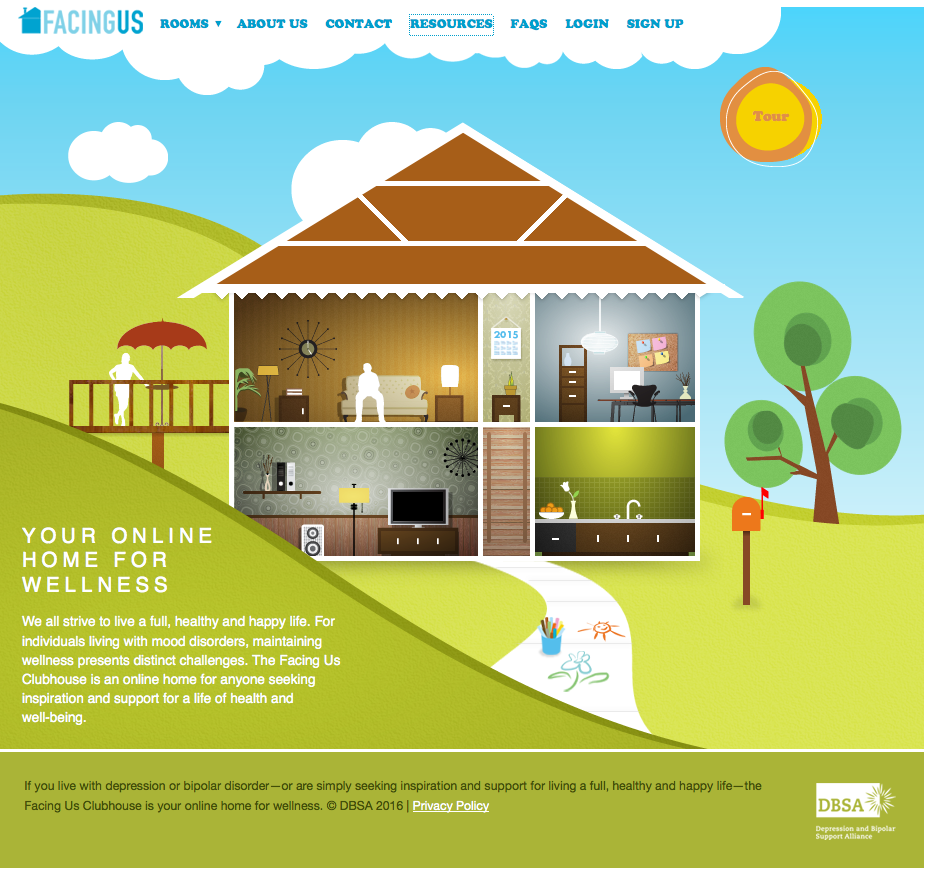
Depression and Bipolar Support Alliance for Care for Your Mind
It’s no secret that out-of-pocket healthcare costs—the amount you pay—have risen significantly. These expenses have been trending upward for over a decade and there is no indication that this trend will end anytime soon. In 2013, according to the HealthAffairs Blog, nearly one-third of participants in an employer-sponsored plan had a high deductible. Plans purchased through the federal marketplace have similar out-of-pocket costs, especially at the Bronze level.
The rationale behind Health Savings Accounts (tax-free accounts where money is set aside for medical expenses) is that, when people have a financial investment in their healthcare, they are more likely to make better decisions about how they consume or use this commodity. It’s fair to say that this idea can also support the trend towards higher copays or co-insurance.









Connect With Us